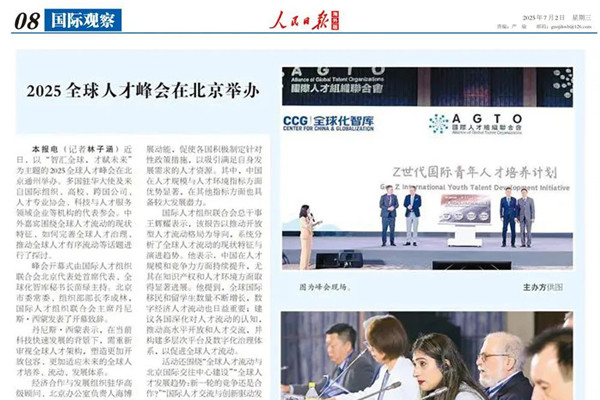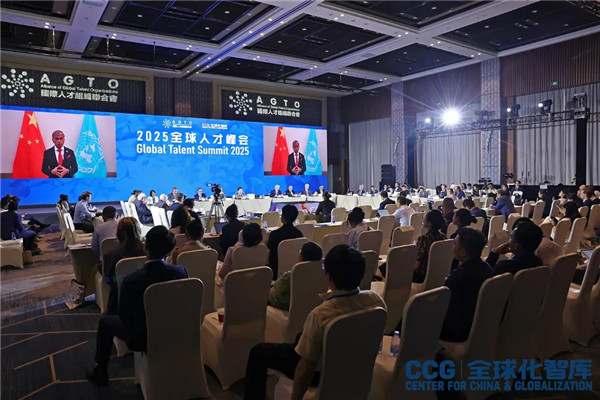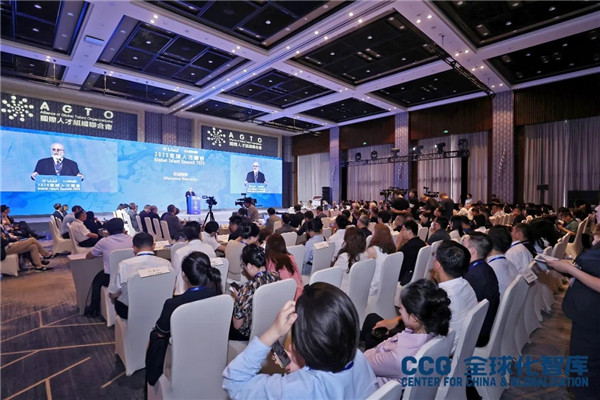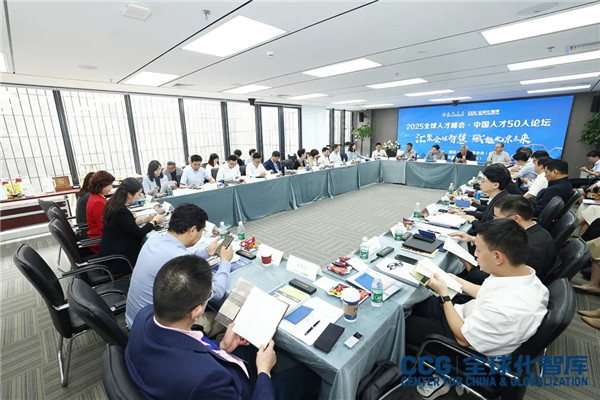【China Daily】New generation of returnees: Endeavor and compromise
2016年7月20日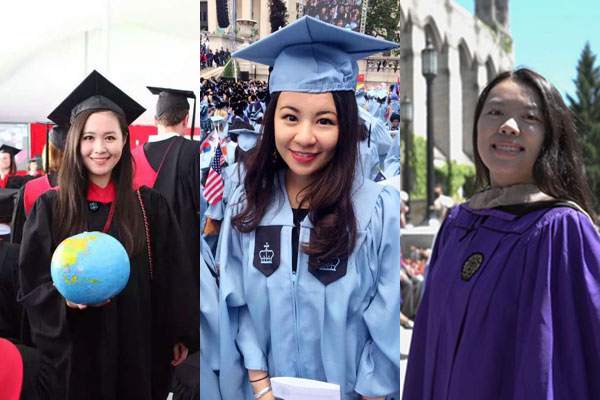
Xu Jiru (L), Kailey Xi(C), Guo Qun(R) respectively at their graduation ceremony. [Photos provided to chinadaily.com.cn]
She had graduated from one of the best universities in the world and at the age of 28 had a job offer from one of the best companies in the world. But she chucked it all and decided to come home. She is not alone. There are many like her and the number of talented people heading home is growing.
As part of new series, we are going to share stories of people who went to study abroad but instead of settling down overseas decided to return to China. We will take a look at why they are returning, the challenges they face and what their expectations are.
This is part one of their stories.
Who would turn down an offer from the leading consulting firm LEK’s Chicago office, a rare opportunity for international students to make a way in the world’s most developed market?
Guo Qun did.
What pulled back the 28-year-old, who graduated from the prestigious Northwest University this summer, was the mature working environment offered by Chinese metropolis like Shanghai.
"Salary is not a big matter for MBA graduates when they weigh their options. What decides is where we want to live and pursue personal development,” she said.
She has decided to come back to work for her previous employer Boston Consulting Group (BCG)’s office in Shanghai with a promotion.
"I did think about accepting the offer to work in the US for a while. However, China is an important market for many multinationals seeking growth. And my knowledge and experiences are mostly about this market, where I believe my talents can be best used," said Guo.
Another returnee wooed back to Shanghai shares the same view.
"I believe China is more than a comfort zone for us. It’s a grace zone," said Xu Jiru, 24, who graduated from John Kennedy School of Government at Harvard University this year.
"It’s not to say we can’t lead a successful life abroad. But we find it easy to position ourselves back home." She will be a lawyer at an American law firm’s Shanghai representative office.
The two promising young women are among the ever-increasing number of Chinese who are choosing to return every year.
Last year, 409,100 students returned from abroad, up 12 percent on 2014, according to Ministry of Education.
Another notable trend, the ministry said, is that the ratio of those going abroad and those coming back has narrowed from 3.15 students going overseas in 2006 for every one that returned, to 1.28 for each returnee in 2015.
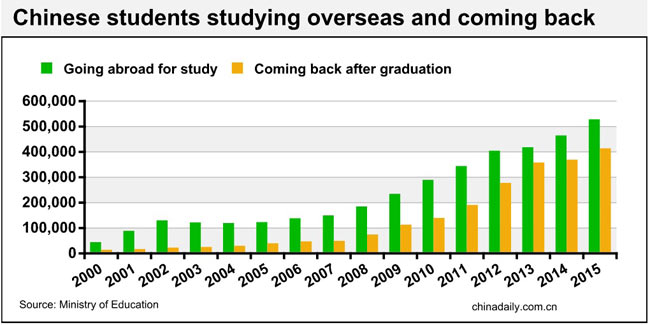

He Zhi (L) in Monaco and Ruan Chao (R) in London. [Photos provided to chinadaily.com.cn]
Most of them are encouraged by the development opportunities the country offers. Ruan Chao, 27, went on an overseas study with a plan to open his own business, with hopes of learning advanced management expertise.
"I know it is hard to start a new business and I have to blaze a trail. But I’m willing to follow my heart rather than stick to the so-called iron bowl," said Ruan, who last year quit a much-envied job at the Beijing headquarters of ChemChina, a state-owned chemical giant in China, for a one-year postgraduate study at Warwick University in the UK.
For Chinese who have overseas education, Ruan is not the only one who plans to start a business. He Zhi, 25, has been somewhat a successful founder of a travel website and raked in 400,000 yuan ($59,813) in half a year after the new company kicked off.
As a travel enthusiast, He "derailed" from the path to be chemical engineer after obtaining a master’s degree in chemistry at ESPCI Paris Tech. Upon graduation in 2015, he returned to China and created wayatrip.com, an online platform for helping plan DIY tours and connecting travel friends and city "treasure hunters".
"My dream is to change Chinese people’s travelling habit through importing the western value and lifestyle into China," said He, now the co-founder and CEO of wayatrip.com.
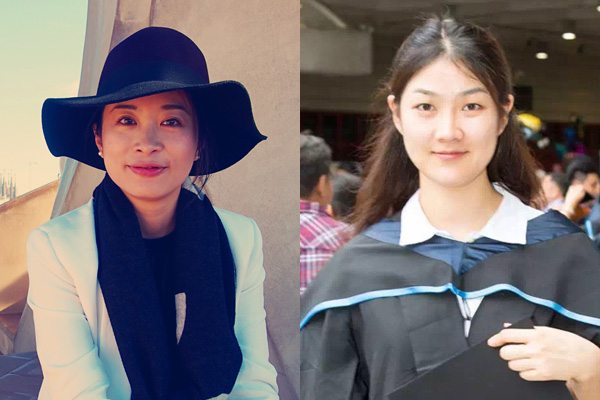
Gu Weiqi (L) in Barcelona and Wang Lidong (R) at her graduation ceremony in Hong Kong.[Photos provided to chinadaily.com.cn]
Apart from business, family is another important magnet that pulls these Chinese students back home, especially women.
Liu Han, 33, left for an overseas study in the US when her daughter was only 15 months old. She quickly made a decision to reunite with husband and daughter upon graduation after being separated for two years.
But the decision Wang Lidong, 26, made was not that easy. She finally succumbed to family pressure and obeyed her parents’ wish to work and live close to them after working in Hong Kong for eight months upon graduation from City University of Hong Kong.
Now she is preparing for exams to become a civil servant, as wished by her parents, who also want her to get married before she is too old. She thinks the overseas study helps little in the exam.
A report released by Ministry of Education in March shows that 59.16 percent of female overseas returnees came home after finishing their studies in 2014, surpassing the number of their male counterparts.
"Almost all my female schoolmates encountered objections from their family when they got a job offer abroad," said Gu Weiqi, 28, who got MBA in business administration from London Business School this year. "Some were even pushed into blind dates abroad by parents."
Her plan was to find a job in China or the Asian market as her family hoped she would stay not far away from them after graduation. Gu finally got a job offer as a strategic planner at pharmaceutical giant Eli Lilly’s Greater China branch in Shanghai.

Gao Yuan (L) and Kailey Xi (R) [Photos provided to chinadaily.com.cn]
However, finding a job in China is not easy for some returnees. Because economic slowdown is depressing the job market while the number of graduates is still on a rise – 2016 will see about 7.56 million domestic graduates, the largest ever in history.
One of the biggest challenges for returnees is missing out on the major job-seeking season at home, according to a report released by the Center for China and Globalization(CCG).
Some overseas graduates do desire to polish their resume by working abroad for one year or two. But many finally had to return to China after encountered countless difficulties.
Visa is the first barrier they have to overcome.
Kailey Xi, 26, is such a case. She is an alumna of Columbia University whose parents moved to the US when she was a teenager.
Others are rejected by their most admired companies.
Gao Yuan, 31, was rejected three times in a row by TUV Rheinland, the global leading provider of technical certification, before he finally got a offer from Volkswagen FAW Engine Cooperation in Changchun, capital of Northeast China’s Jilin province.
Either determined or hesitating to be back in the first place, most returnees interviewed are enjoying themselves back in China, although some admit it takes a while for them to adapt to the new job position.
"When I finally came back to Beijing, I surprisingly found that there were more opportunities here. For now, I think that China is a place where you can achieve as high as you dare to dream,” said Kailey Xi.
From China Daily,2016-7-14
